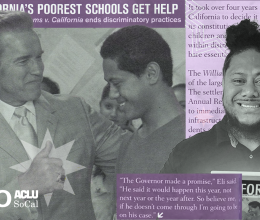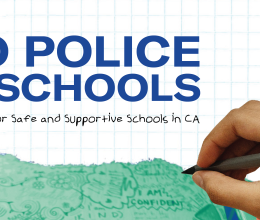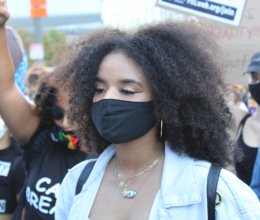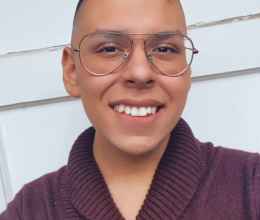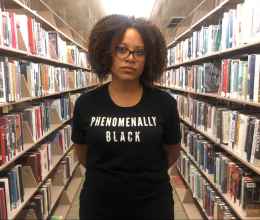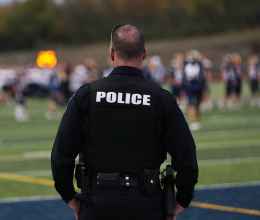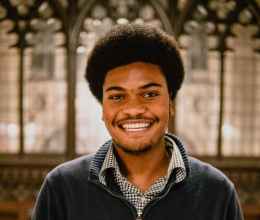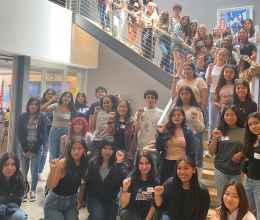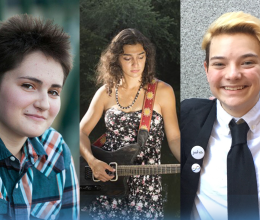
By David Sapp and Nayna Gupta
Do rights exist if the people who have them don't know about their existence or don't feel confident in asserting them?
Thomas Jefferson observed that "[s]elf-government is not possible unless the citizens are educated sufficiently to enable them to exercise oversight." Put differently, rights don't exist if we don't know about them. When it comes to rights, use it or lose it.
Educational Equity is a priority for the ACLU of California because education is the foundation of a functioning democracy. Here in California, students have a fundamental right to equal education opportunity. But that’s just the starting point. Students have other rights, including when it comes to being suspended or expelled, dressing for school, expressing opinions and ideas, during school searches, using cell phones and social media, and being pregnant or an LGBTQ student.
But all of these student rights mean nothing if students don't know what those rights are or are afraid to stand up and assert them.
That’s why ACLU of California has launched MySchoolMyRights, a multi-media campaign intended to educate students on their rights and empower them to have a say in their education. William Pleasant, a 17-year-old student from Fresno who was nearly suspended for wearing long hair to school says, “just because we’re students doesn’t mean that we don’t have a voice.”
Our campaign explains the rights of students on seven different issues that affect students across California every day. Included are rights that trace their roots to the founding our Nation, and others that have developed more recently, including some that the ACLU and our partners have fought to define or extend.
MySchoolMyRights also features the voices of students who have experienced adversity when their rights were not respected. Sixteen-year-old Sasha Rawlinson, suspended after being interrogated by police officers based on a fake social media post bravely shares his story because he “want[s] all students to know that it’s important for them to protect themselves and to know their rights at school.”
Sasha’s story and our resources are available and can be shared in three different ways: on the #MySchoolsMyRights website, through the ACLU MobileJusticeCA app (available for download on iTunes or the Android store), or as printable PDFs.
Share this information and these stories with your friends, your children, your grandchildren, your nieces and nephews, your nephews, your church youth groups, your youth soccer team, whomever.
If you don’t, our students will end up feeling like Reginae Hightower, a 15-year-old from Oakland whose rights were violated in the school suspension process. She says, “I feel that I was cheated as a student going to school and not knowing all my rights.”
We the People must continually renegotiate and redefine our rights and teach the next generation about them and the hard-fought battles to establish or defend them. Student rights secured even a decade ago can be meaningless if we don't keep them front-and-center.
We hope our campaign and website is a small help in meeting that ongoing challenge. Help us spread the word on student rights by using it and sharing our information and these powerful student stories.
MySchoolMyRights.com
David Sapp is director of education advocacy with the ACLU of California, and Nayna Gupta is racial justice fellow.
